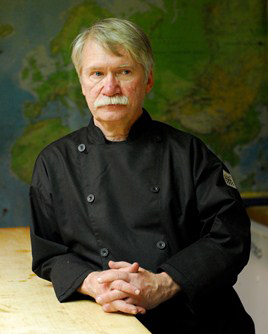 What can the graduate do for the school? Says Chef Sorgule, the proper question should be, What can the school do for the graduate?
What can the graduate do for the school? Says Chef Sorgule, the proper question should be, What can the school do for the graduate?
By Paul Sorgule, MS, AAC
Considering the ongoing questions about the value of a degree and the ever-changing landscape of the food business, I am constantly giving thought to how administrators of culinary programs can increase the perceived and real value of an education in food.
Everyone is certainly aware of the pressure pertaining to value being passed on to institutions from accrediting bodies, especially those preparing students for technical trades. The answer moving forward might very well be in shifting how we look at a degree.
For far too long, earning a college education was a two- or four-year process that students went through in pursuit of a degree. In other words, students passed through the college experience, incurring significant debt, with closure coming on graduation day.
The connections that continue to exist between the college and the graduate are limited to alumni newsletters, reunions and gift requests from the Institutional Advancement Office. We might invite an occasional graduate back to speak to a class or provide a demonstration, but, for the most part, the theme is: “What can the graduate do for the school, rather than what can the school do for the graduate.”
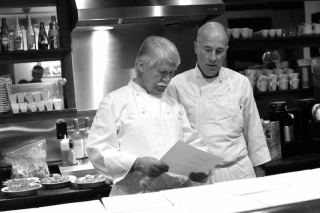

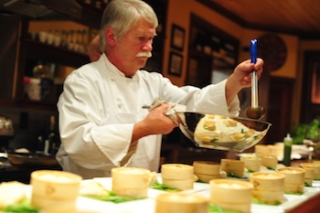
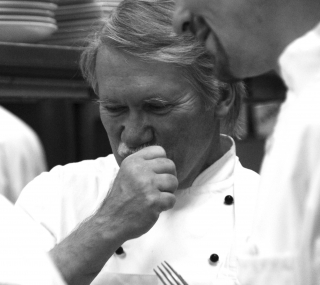
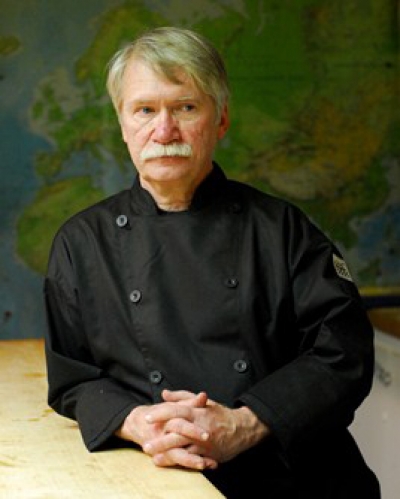
 What can the graduate do for the school? Says Chef Sorgule, the proper question should be, What can the school do for the graduate?
What can the graduate do for the school? Says Chef Sorgule, the proper question should be, What can the school do for the graduate?